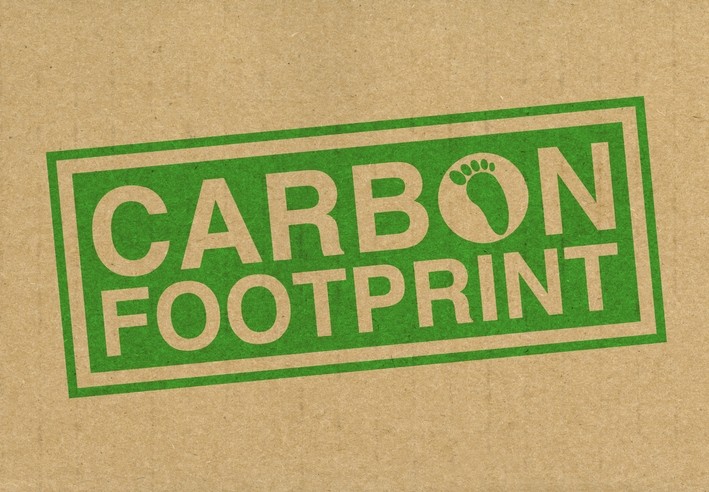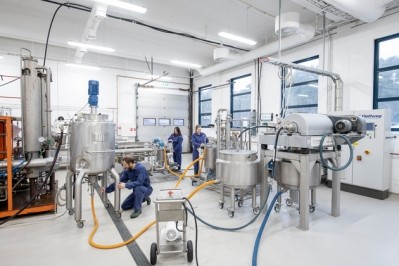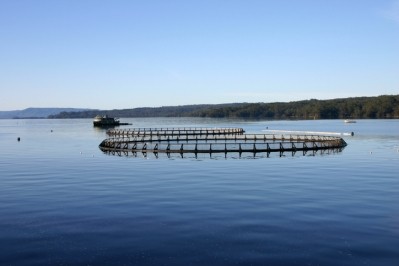BioMar helps Norwegian salmon farmers tick lower carbon footprint box

Salmon Group’s members comprise small and medium-sized farmers, but together they purchase around 12% of all fish feed that is sold to salmon and trout farmers in Norway, which translates as 190,000 tons per year.
Anne-Kristine Øen, CEO of the Salmon Group, in a release on the BioMar deal, commented: "There are increasingly tough demands on responsible food production and the Salmon Group wants to stay ahead of new regulatory requirements, because it is right for the environment, but also because we see that the consumer expects it."
She said the cooperative works systematically on sustainability and fish welfare, and that feed is an important key to success in both areas.
The BioMar developed formulation, continued Øen, meets the Salmon Group goals of maintaining omega-3 - EPA + DHA - levels in the feed, while lowering the fish-in-fish-out ratio and concentration of unwanted substances. This is done through a combined use of microalgae, purification technology and by-products.
Background
The farming organization launched a report last year, Sustainable farming of salmon and trout. What is it? - a white paper for how the Norwegian salmon sector could become more sustainable. It noted that feed was the largest contributor to the carbon footprint of the aquaculture industry.
Erik Olav Gracey, sustainability specialist, BioMar Group, said the feed manufacturer fully agreed with that vision.
“You need to have key performance indicators and targets to be able to measure progress and that was what the report was about. BioMar has developed a suite of sustainability tools and software, such as Eco-Efficiency Manager, that enables us to optimize recipes using sustainability measurements like carbon footprint. This recipe is a result of a common vision and modern environmental foot-printing methods," he told us.
AlgaPrime DHA is part of this tailor-made formulation. That ingredient is an algae-based source of long-chain omega 3s produced by Corbion. It is said to contain around three times the level of DHA of fish oil. The raw material is produced through fermentation-based cultivation with non-GM cane sugar as a feedstock, a process that BioMar said allows its incorporation in fish feed rations at high levels without concerns of PCB and dioxin accumulation that can be an issue for some forage fish and fish oil.
“AlgaPrime DHA is multi-faceted and a really useful raw material for us,” said the BioMar sustainability expert.
Flexibility in raw material use
As part of the feed development, BioMar undertook contribution analysis of different categories of raw materials to determine which ones it should focus on to achieve a reduction in carbon footprint, he explained.
That tool allows BioMar to have flexibility in terms of the raw materials it selects, while keeping price and performance parameters in line with customer expectations, said Gracey.
“Essentially, we have taken in microalgae and added some alternative vegetable protein sources, we have kept the marine ingredient levels very high by using a high level of trimmings and by-products.”
He said the Salmon Group (SG) is particular in terms of what it looks for in feed recipes. "We didn’t want to reinvent the wheel. We created something that is still very recognizably SG, with some notable improvements."
The Norwegian farmer organization’s calculations show the feed cost per kilo from using this bespoke formulation will increase by NOK 0.5-0.6 per kilo.
The first farmed salmon fed on the new recipe are set to reach the market in Q4 2019.
“The Salmon Group has taken leadership on this. The story belongs to them. They had a vision, a direction, and we had the tools to help them get there,” added Gracey.












